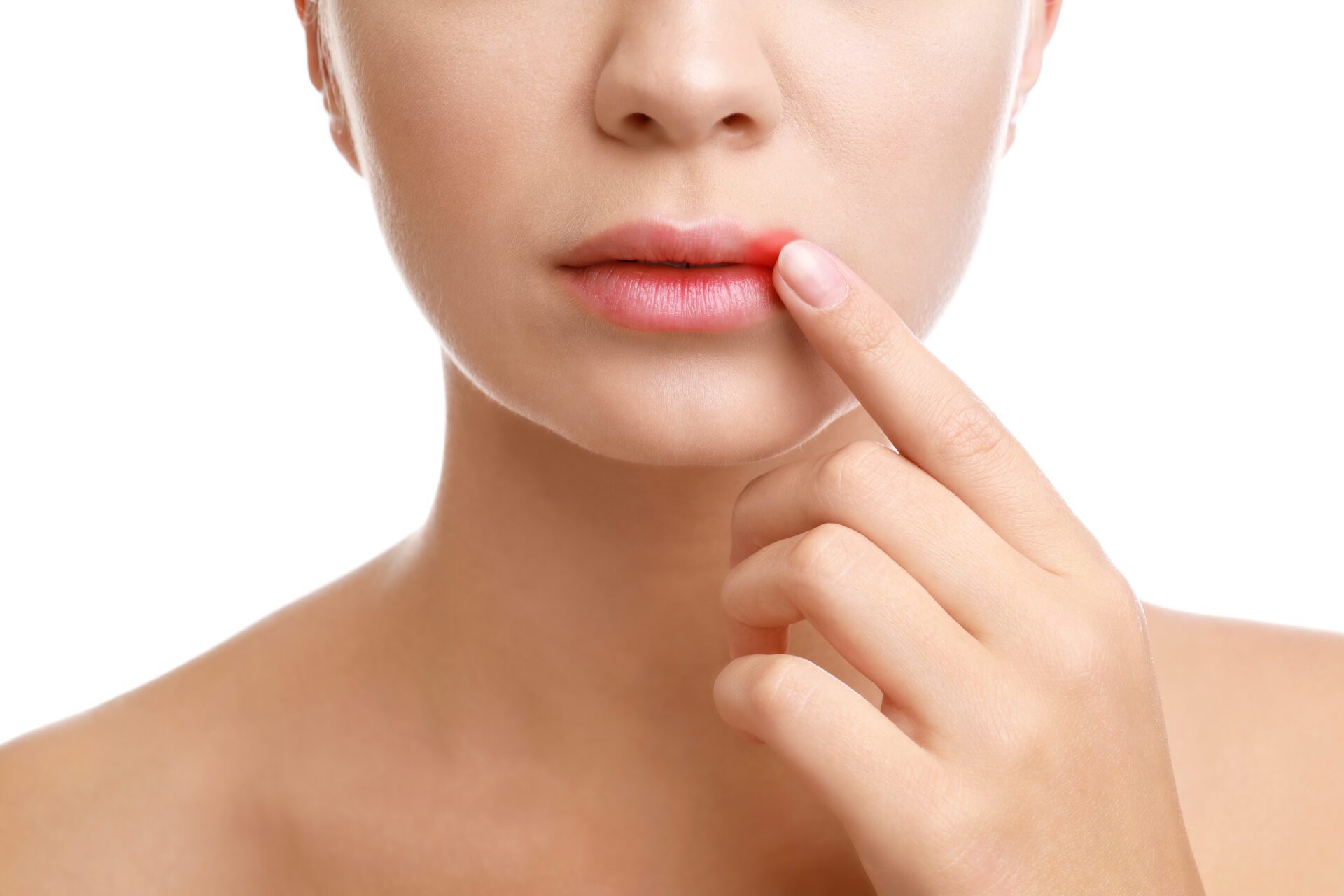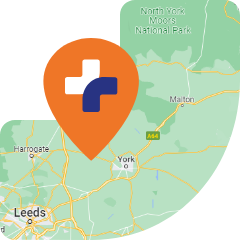Cold Sores
Cold sores are small blisters that can develop anywhere on the face but typically around the mouth or nose.
They are caused by the herpes simplex virus (HSV). Once you have been exposed to the virus, it stays with you for the rest of your life. Most of the time it lies dormant but occasionally it reactivates causing a cold sore to appear.
- One in five people suffer from recurring cold sores
- They can only be passed on by direct skin-to-skin contact
- Antiviral treatments can be used to prevent cold sores developing or to shorten outbreaks


Frequently Asked Questions
Yes, cold sores are highly infectious from the moment you feel the tingling sensation until the sores are dry and have completely scabbed over. You should therefore avoid skin-to-skin contact with anyone while you have a cold sore and wash your hands thoroughly and often to avoid spreading the virus.
Triggers vary from person to person. Factors that may increase the risk of a cold sore appearing include stress, tiredness, being run down, having a period or suffering from a cold or flu.
Pharmacy+Health makes it simpler and quicker to get the treatment you need. Find out more about the cost of a consultation on our services pages.


